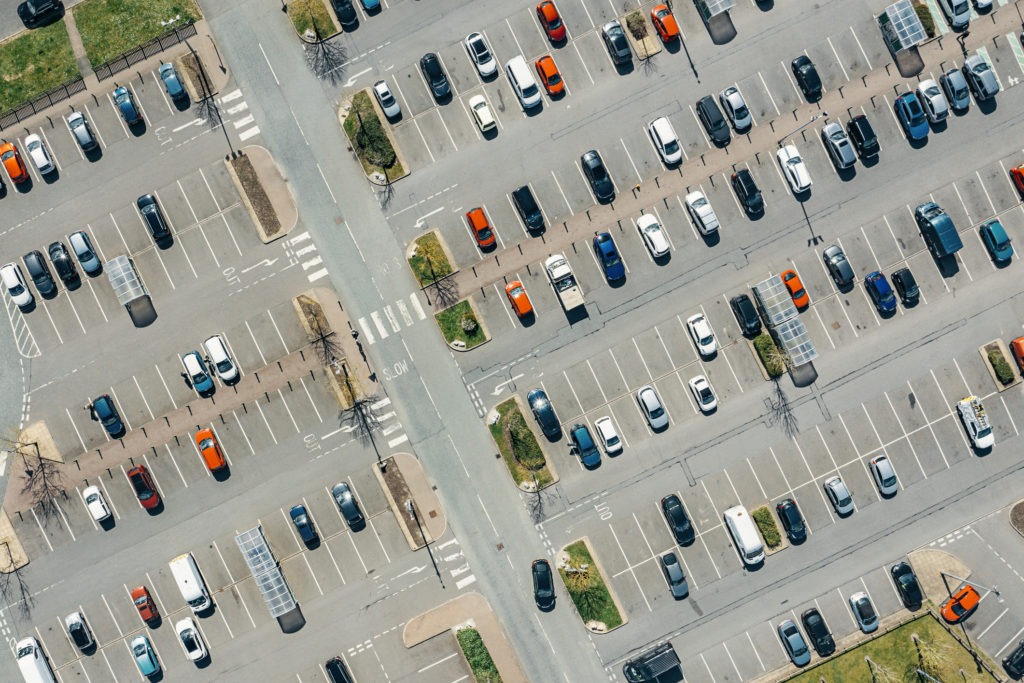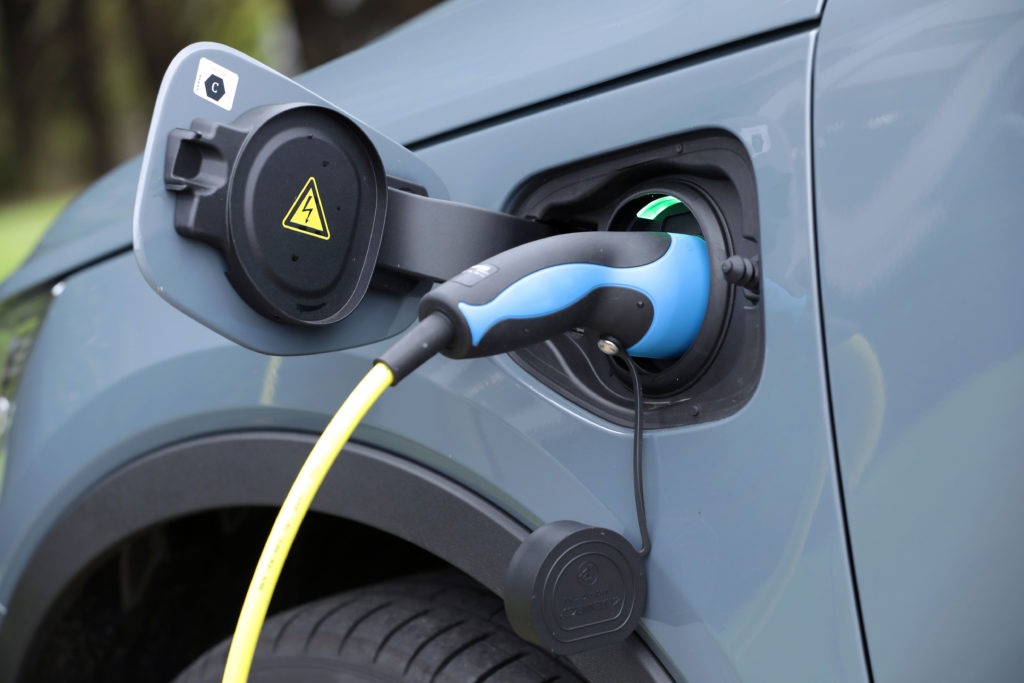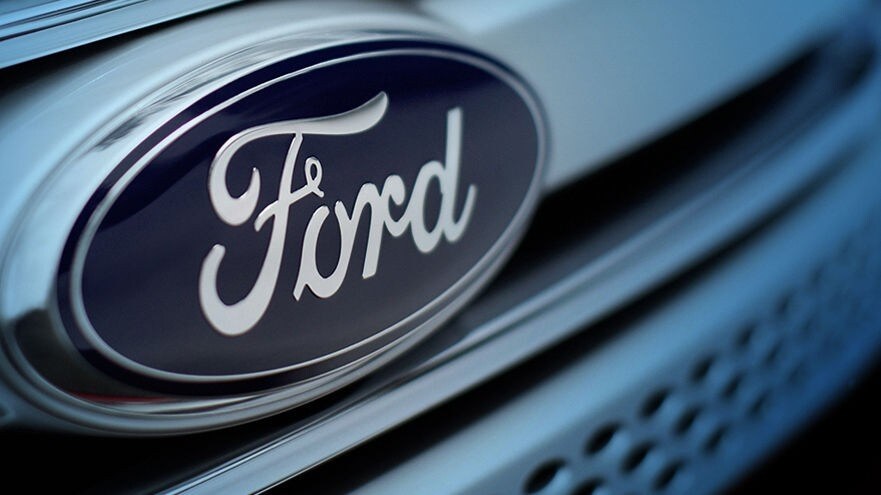French electric-vehicle incentives shielded against quick resales
09 June 2022

France’s electric-vehicle (EV) incentives have been shielded against consumers looking to resell for a quick profit. Now, new owners using the scheme must keep their new EV for a minimum of 12 months instead of six, and drive at least 6,000km. If these conditions are not met, the incentive must be returned to the government.
Electric-vehicle residual values (RVs) in the country have been on the rise since early 2022. However, Yoann Taitz, Autovista Group’s regional head of valuations and insights for France and Benelux, explained that this is likely due to a mesh of market conditions, with fuel prices a dominant factor. He debates whether these new incentive restrictions will have any impact on the residual value of electric vehicles.
Influencing incentives
Private customers can access a €6,000 incentive when buying an EV with CO2 emissions of up to 20g/km and costing €45,000 or less, including VAT. When the net list price climbs to between €45,000 and €60,000, buyers can still get access to a €2,000 incentive. When purchasing an all-electric commercial van, private buyers can pick up a subsidy of €7,000. However, these incentives are expected to drop by €1,000 in July this year.
By specifying tighter rules for these incentives, the French government will be hoping to prevent consumers from taking advantage and making a profit by buying and then quickly selling an EV. There were compounding benefits for these sellers too as rising fuel prices helped increase interest in electric vehicles. Furthermore, increasing new-car market delivery times due to supply shortages and stalled production lines have pushed consumers towards more readily-available used models.
Electrified residual values
These conditions helped drive the residual values of EVs, however, there has been a cooling effect more recently Taitz observes. In May’s Monthly Market Update, he explains that as fuel prices dropped below €2 a litre, battery-electric vehicles (BEVs) have become less attractive.
For BEVs, there are also adjustment effects to take note of. In the last quarter of 2021, all powertrains saw residual values increase while battery-electric vehicles steadily decreased. Despite a positive adjustment in recent months, the value retention of BEVs is still roughly 20 percentage points below other fuel types. Additionally, supply is very low compared to internal-combustion engine (ICE) vehicles. Plus, BEV RV increases can also be attributed to the arrival of a new generation of 36-month-old models with better ranges and technological capabilities.
There is also a lack of any clear agenda as the French government teases the prospect of extending incentives further, without delivering. This is damaging the potential for BEV demand and prices, going some way to explaining the lack of dynamism in trends last month.
‘Many BEVs were bought in France with an incentive, which is among the highest in Europe, before being sold on in the Netherlands or Norway where there are incentives on used BEV purchases,’ Yoann explained. ‘They have decided to do this because the demand is increasing while the supply is lower because of shortages, coupled with the conflict in Ukraine.’ However, Taitz does not foresee any impact on BEV residual values. If there should be any short and minor adjustments, it would, in theory, increase the supply for private and fleet users.



